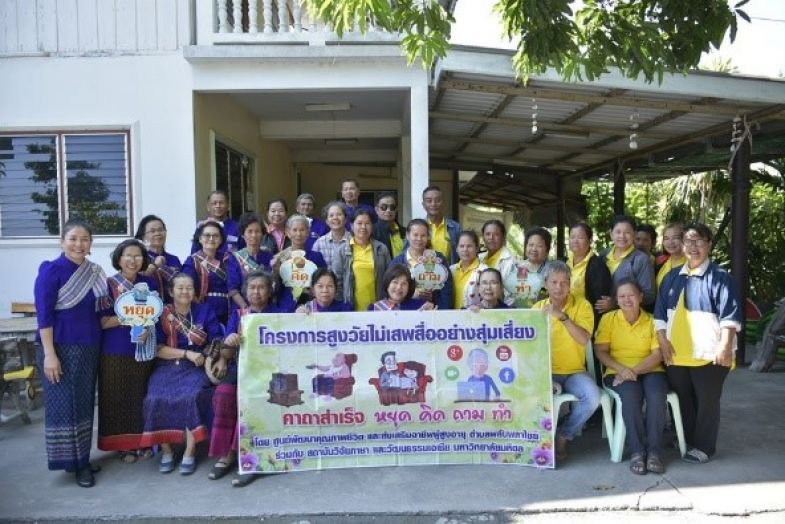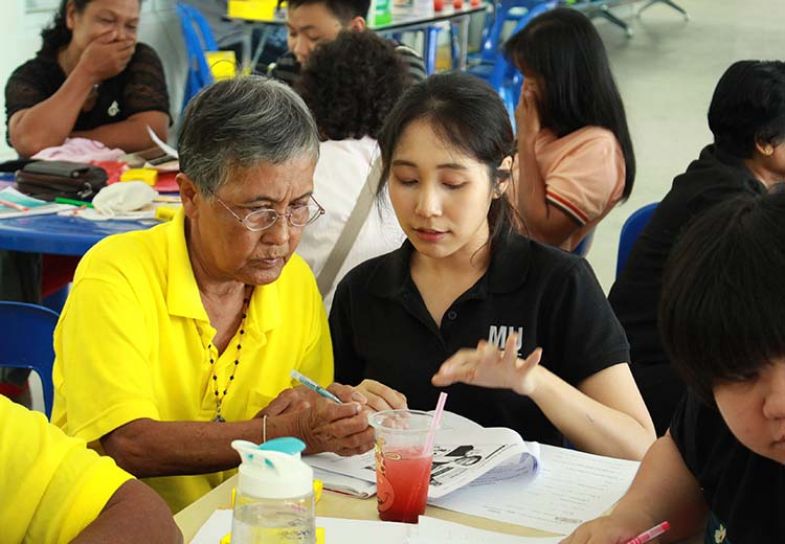
In the modern world, it is easier than ever to share knowledge, information and opinions. Although this has countless benefits, it also allows some individuals to spread misinformation for their own benefit, sometimes manipulating the recipients for financial gain. This misinformation may be presented to look like reliable and independent research findings or news, making it difficult to identify as ‘fake news’. Overcoming this problem, whilst maintaining the benefits of free access to and sharing of information, requires intervention at many levels, by governments, media institutions, social media platforms, and by all of us as individuals, through developing our media literacy.
Media literacy is the ability to understand different types of media, and the messages they are sending, including identifying if a source of information is trustworthy. In recent years, many projects and resources have been developed around the world aimed at developing media literacy. However, the vast majority of these are aimed at children and young people, rather than older age groups. Elderly people are often at a greater risk of becoming susceptible to fake news and scams, as they are generally more familiar with the more formal and trustworthy media landscape of the late 20th Century.
To support the development of media literary among elderly people around Thailand, researchers from Research Institute for Languages and Cultures of Asia, Mahidol University, led by Assoc. Prof. Nuntiya Doungphummes, have implemented a project entitled; Elderly Use of Risk-Free Media: Creating Health Communicators through Acquiring Media and Information Literacy, through workshops in 5 elderly schools around Thailand: Charabanwutti Wittayalai School, Chiang Mai; Elderly School of Sakon Nakhon Municipality, Sakon Nakhon; Chalermprakiet Elderly School, Suphan Buri; Resort for the Elderly in Chamai Subdistrict Municipality, Nakhon Si Thammarat; and Yannawa Elderly School, Yannawa District, Bangkok.
The research used a Participatory Action Research (PAR) approach, starting by exploring elderly people’s media consumption habits before designing the ‘operational training’ program for the 5 elderly schools. The program used culturally relevant activities and games, and promoted the use of a “Stop, Think, Ask, Act” approach among the participants. The participants were encouraged to follow the process of ‘Stop’ – not believing something immediately, and not buying impulsively; ‘Think’ – about the advantages, disadvantages, limitations and consequences; ‘Ask’ – find more information from different sources, and finally; ‘Act’ – make a decision on what to do.

After the participants had taken part in the workshops, they were asked to return to their communities and share what they had learnt with other elderly people, spreading improved media literacy at the community level. Following the initial pilot study, Research Institute for Languages and Cultures of Asia is now developing a media literacy curriculum to be used in all elderly schools around Thailand.









